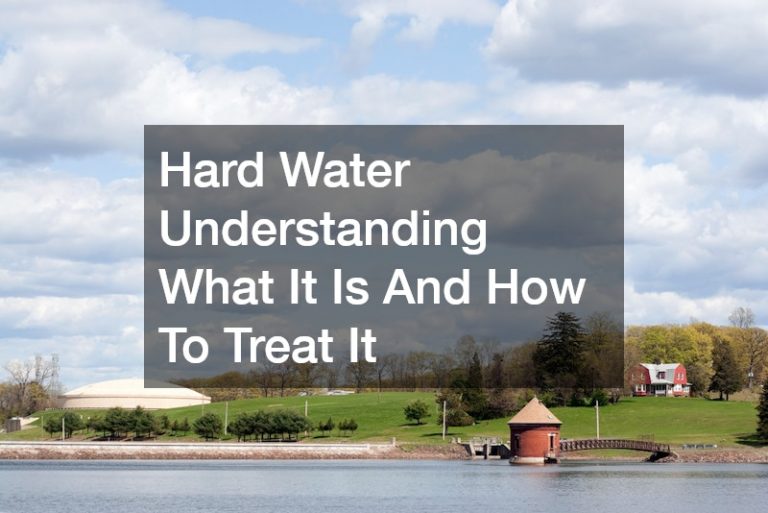

It’s easy to take clean water for granted. You just turn your faucet on and go about your business, right? Imagine what it would be like not to have clean water to drink once you got back from a job. Think about how much more difficult your life could be if you couldn’t even rely on your bathroom to provide easy washing and rinsing. With news spreading to every corner of the country of entire cities struggling to provide this basic necessity, the benefits of whole home water filtration can’t possibly be understated. From your drinking water to what you use to clean your dishes, water treatment is a mundane element to take seriously.
What is in your water and how can you get rid of it? Learn more about whole home water filtration below.
Did You Know?
How much do you know about water and what it does for your body? If you’ll pardon the pun, a refresher couldn’t hurt. Water makes up around two-thirds of the human body. Despite this, it influences our inner and outer processes 100% of the time. Chronic dehydration has been dubbed the ‘hidden epidemic’ by doctors due to the majority of the population’s tendency to prefer sugary drinks and coffee over a glass of water. As many as 75% of American adults and children alike will be chronically dehydrated.
Bacteria
Your water can be home to all sorts of nasty little things. Bacteria is probably the most appreciated, though that doesn’t mean you should get complacent about the drinking water in your home. The average daily household uses around 350 gallons of water for washing, cooking and cleaning. Ever left a glass of water on your desk or bedside table overnight? That stale flavor is due to bacteria growth. Whole home water filtration is designed to kill the vast majority of bacteria as you pull water from your primary source.
Minerals
What else can water be home to? Minerals are another major issue that manifest in more obvious ways. White and gray grime building up along your faucet or bathtub means you have ‘hard water’, a term used to denote a higher-than-average concentration of minerals. Hardness is generally measured in grains per gallon as calcium. One grain, for example, will equal roughly 17 milliliters per liter. What does this mean for you? Gross scum build-up is an easy sign you need to use a water softener in the near future.
Contaminants
Last, but certainly not least, we have contaminants that don’t fit easily into the category of bacteria or mineral build-up. These can be as benign as bits of organic matter that make it into your water or as serious as rust that isn’t properly filtered out. Water systems are designed to do a little bit of everything to create the best drinking experience possible, from removing dangerous contaminants to mixing in a little fluoride to promote healthy teeth. When your water is lagging behind even slightly, it’s time to call a professional to look at your whole home water filtration system.
Creating Clean Water For Your Family
Do a little test to determine where your water stands on the scale. Does your water taste stale or too sweet? Do you notice significant scum build-up in your bathroom or sink? Do you worry about having an excess of rust or chlorine in your water? The more checks you mark off on your list the more likely it is you need to look into a professional service. Your drinking water needs to be as clean as possible to make sure you and your family stay as healthy as possible throughout the year. A test can be done in a matter of minutes and you can get a bigger idea as to what you’re up against before installing a new filter.
Just because it’s common doesn’t mean it’s any less precious. Drink a glass of water today and appreciate the gem you hold in your hand.

